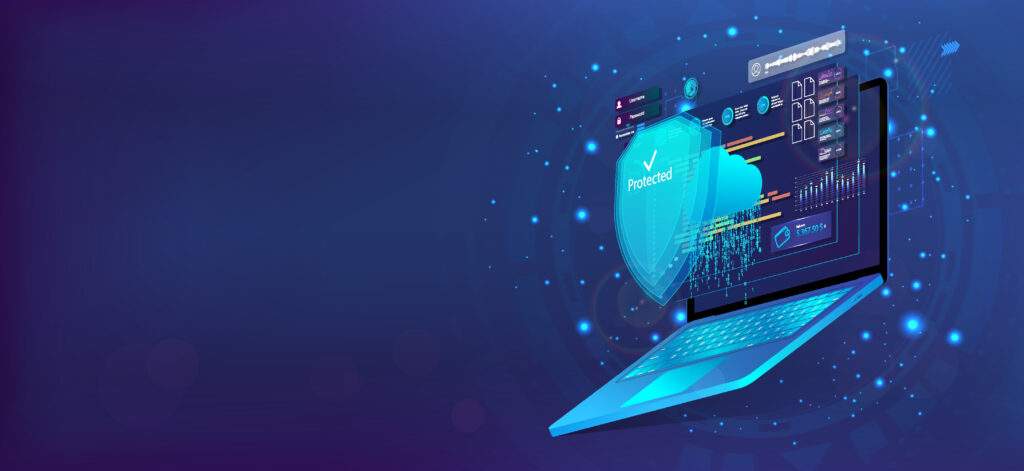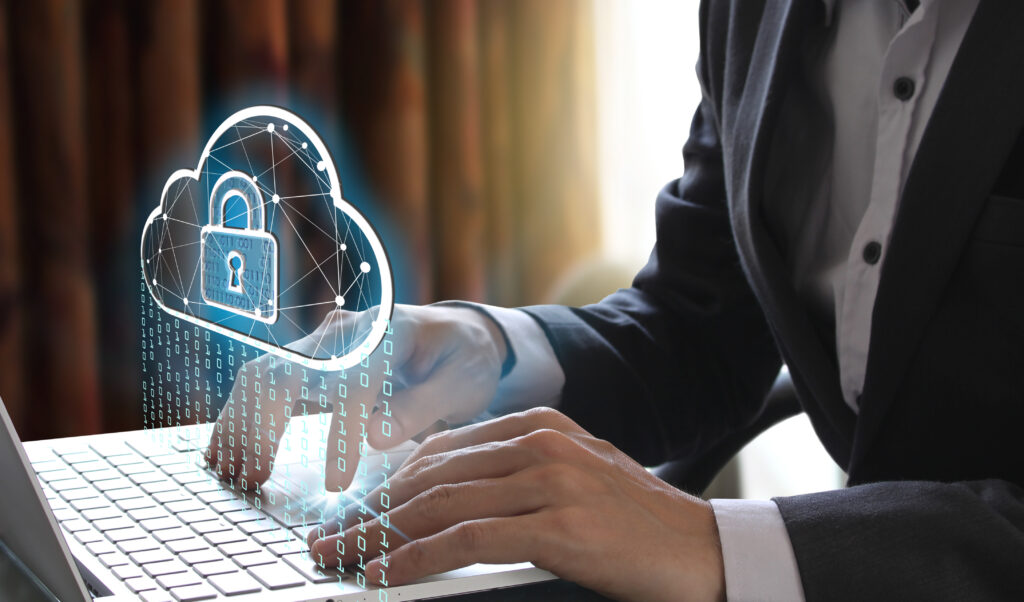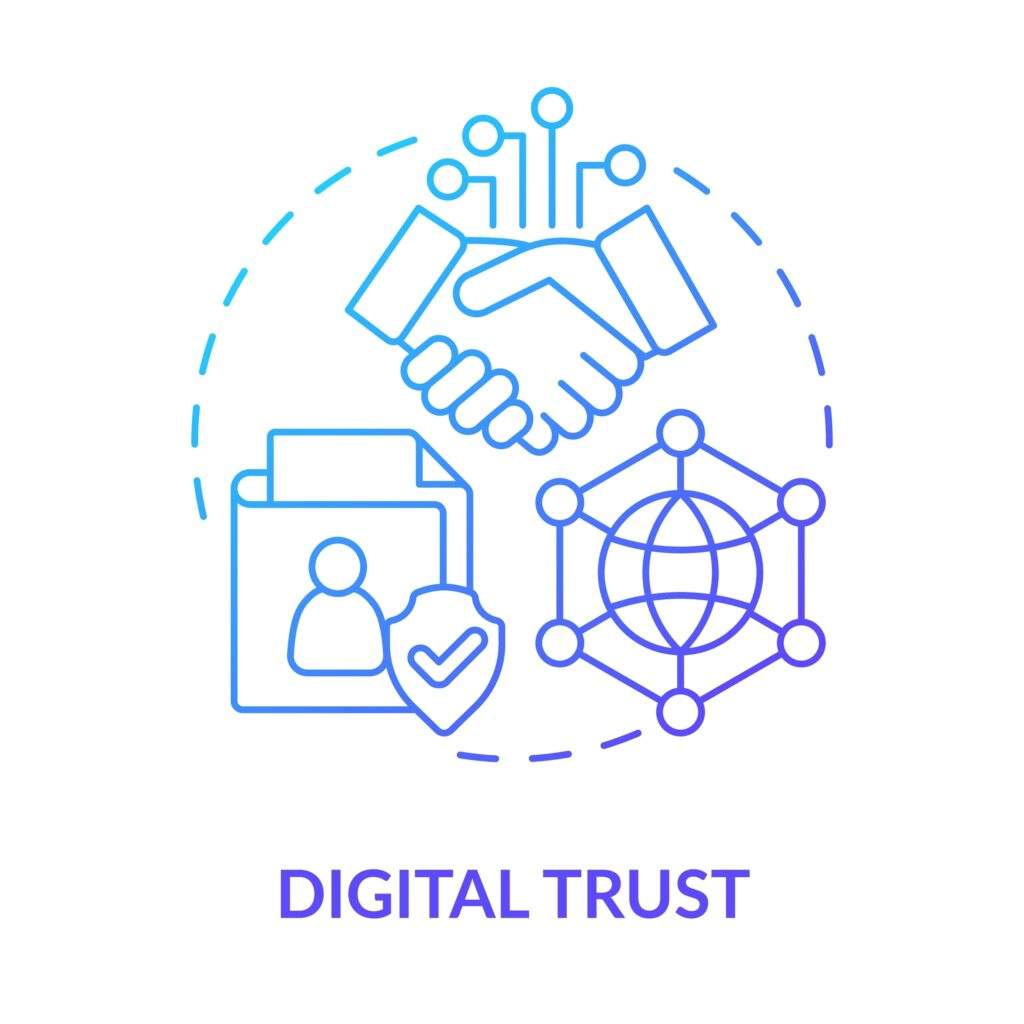Cloud Security: Safer. Cheaper. Trending.
Cloud computing isn’t just the future of data storage. Its history has already begun being written. As more companies seek to move to a cloud-based ERP solution, they may have questions and concerns about whether the cloud is actually safe.
The good news? The cloud is resoundingly safer.

But here’s the deeper truth: if you use a SaaS ERP product, whether it’s hosted on the cloud or not, there’s no 100% guarantee your data is secure. It’s a percentage that any company or software vendor would love to tout. But they can’t.
There are too many types of attacks out there, happening with incredible frequency. iNSYNQ is just the latest victim of a ransomware attack that disrupted service for many QuickBooks users. These attacks prevented accountants, CPAs, and businesses from accessing data and continuing work.
It’s scary, and the numbers behind it are even scarier. Accounting Today shared a report that in 2019, 4.3 ransomware attacks occur per minute. In 2021, they predict that number to go up to 5.5 per minute.
Increased ERP security measures
Cloud hosting for software works in many different models. Some software companies host their own data, while others outsource to third-party hosting companies.

If you’re using cloud software and you’re concerned about data security, it’s worth taking some time to ask yourself a fundamental question: do I know who’s hosting my data?
If the answer is “no,” then it’s probably time for you to find out. If you do know, it’s always a good idea to read up on their security policy. Make sure it’s current and that you feel comfortable with the language they’re using when they talk about data protection.
Another question you should ask yourself: does my software vendor host their own data? That could matter— here’s why:
When software companies or vendors outsource cloud hosting, they’re asking you to trust two different entities. First, there’s the vendor who sold you the software and probably helped you implement it; second, there’s the company that is actually responsible for storing your data.
Call it divided trust. Call it doubled trust. It depends on whether your company has a “glass-half-full” attitude. No matter how you see it, your ultimate priority is keeping your information secure.
Trusting that your data is safe
When your software vendor is also the same company who hosts your data, you don’t have to wonder about whether that data has been outsourced. That means there’s only one set of security standards you need to think about.
If you’re interested in a security audit your hosting company, here are just a few things you should ask about:
- Data access– does anyone have permission to access your data besides you?
- Data backups– how often do they happen? What are the restoration capabilities?
- User authentication– how do people log in?
- Testing environments– are they connected, in any way, to the production environment?
- Uptime service level– what is the percentage of time your software is operational? (99.99% is optimal)
- Privacy- is your data copied, shared, or modified in any way?
Simply taking the opportunity to have a security conversation with your data host can be an important measure toward understanding the safety level of your data.
Conclusion
While no data, whether it’s stored in the cloud or in traditional centers, is entirely safe from attacks, there are security measures you can take.

Knowing who hosts your data and understanding their security measures can help you know that you’ve got someone who values your data protection on your side. And not just in an abstract way. After all, do you want to be “one of many” companies to your data host? Do you want to be nameless?
Or, do you want to work with a company that has earned your trust by showing you the personal attention you deserve? It’s your choice, of course. But understanding the difference between outsourced data hosting and in-house hosting can mean the difference in the security of your business’s information.

